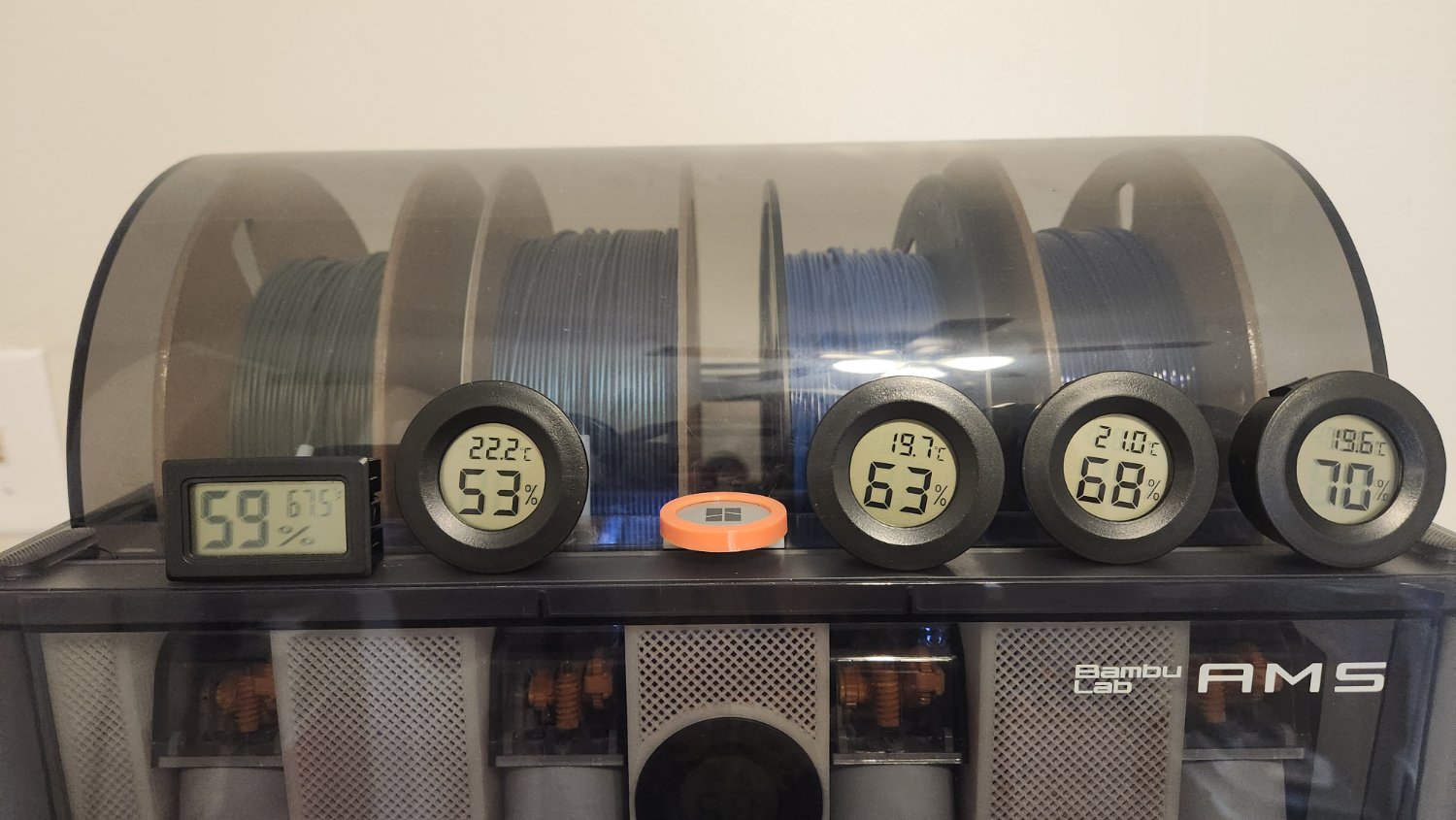view the rest of the comments
3DPrinting
3DPrinting is a place where makers of all skill levels and walks of life can learn about and discuss 3D printing and development of 3D printed parts and devices.
The r/functionalprint community is now located at: or !functionalprint@fedia.io
There are CAD communities available at: !cad@lemmy.world or !freecad@lemmy.ml
Rules
-
No bigotry - including racism, sexism, ableism, homophobia, transphobia, or xenophobia. Code of Conduct.
-
Be respectful, especially when disagreeing. Everyone should feel welcome here.
-
No porn (NSFW prints are acceptable but must be marked NSFW)
-
No Ads / Spamming / Guerrilla Marketing
-
Do not create links to reddit
-
If you see an issue please flag it
-
No guns
-
No injury gore posts
If you need an easy way to host pictures, https://catbox.moe/ may be an option. Be ethical about what you post and donate if you are able or use this a lot. It is just an individual hosting content, not a company. The image embedding syntax for Lemmy is 
Moderation policy: Light, mostly invisible

Yeah I did measure all their offsets actually already in a rougher method than the salt water trick. I've so far got
+27, +18, +14, +13, and +7 and 1 that is within +1 margin of error.
I dunno that just seems like a waste of electronics components. I can use them but... Yuck right?
@Krauerking yeah, yuck. The two point with Calcium chloride gives this insight. It has Relative humidity of around 33. If the offsets are constant then they may be worth using, with the ick factor of course. If the offsets don't make sense then the detectors are shot and fit for the bin.
You can get calcium chloride at the hardware store, it's used as Desiccant for damp areas.
DampRid? Wait I already have calcium chloride then.
Ok well I guess I can test if they even scale right but I'm not holding my breath around them, I'm not sure the extra humidity I breath out anyways would register on these.
I really think I might just take the batteries from these and call it a loss and use better components.
Thank you for the testing info! Actually really helpful.